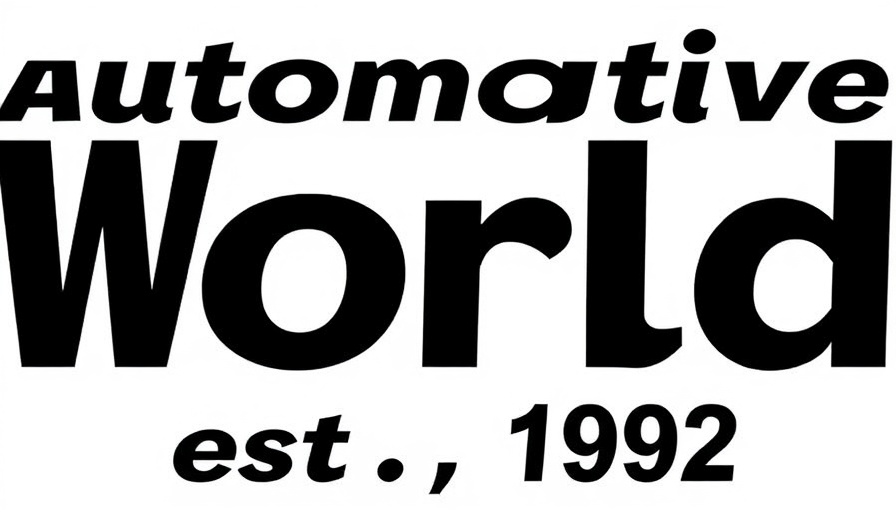
BMW's Transition in Leadership: A Strategic Move for Growth
In a significant shift within its executive ranks, BMW of North America has announced that Patrick Clark will step into the role of Vice President for the Central Region, effective July 1, 2025. This change comes as part of a broader strategy to enhance sales, marketing, aftersales, and development functions across a 12-state area with 78 associated dealerships. His predecessor, Broderick McKinney, transitions to lead BMW Group Financial Services' Used Cars division, showcasing how internal movements facilitate organizational agility and adaptability.
Patrick Clark: Returning to Drive Sales Momentum
Clark's return to the U.S. market is highly anticipated, especially considering his recent success as the Director of National Sales & Network Development at BMW Canada, where the brand saw record results in both battery-electric vehicles (BEVs) and M models. Executives, including Shaun Bugbee, Executive Vice President of Operations, emphasize that Clark’s leadership will be crucial for sustaining growth in a competitive automotive landscape.
The Importance of Internal Mobility in Automotive Leadership
Industry leaders recognize that internal promotions can harness existing expertise and cultivate loyalty within the workforce. Throughout his career, Clark has demonstrated a clear trajectory, beginning with BMW Group Financial Services in 1996 and later assuming roles that prioritized both finance and regional operations. Such mobility not only enriches the leadership pool but also fosters a culture of continuous learning, which is vital in the challenging automotive sector.
Implications for BMW’s Growth Strategy
With significant changes occurring in the marketplace, auto sales training has never been more critical. Organizations like BMW are increasingly aware that robust car sales training programs enhance employee performance and customer satisfaction—pivotal factors contributing to revenue growth. Clark's arrival heralds a renewed focus on effective training initiatives, aligning operational goals with evolving market demands.
Contributions to the Economy and Employment
Since its establishment 50 years ago, BMW of North America has played a crucial role in the U.S. economy, contributing over $43.3 billion annually. The company supports approximately 120,000 jobs across the nation through its network of dealerships, manufacturing facilities, and corporate offices. Such economic impact underscores the importance of effective leadership and training programs to drive performance and ensure sustained growth.
Looking Ahead: Strategies for Business Success
As dealership owners prepare for this leadership transition, it's critical to consider strategic training and development methodologies for their teams. Implementing effective auto salesman training can boost performance and adaptability within dealerships, ultimately enhancing customer experience and driving sales success. With experienced leaders like Patrick Clark at the helm, BMW's direction may provide valuable insights for automotive professionals focusing on growth and success in an ever-evolving market.
 Add Row
Add Row  Add
Add 

 Add Row
Add Row  Add Element
Add Element 




Write A Comment